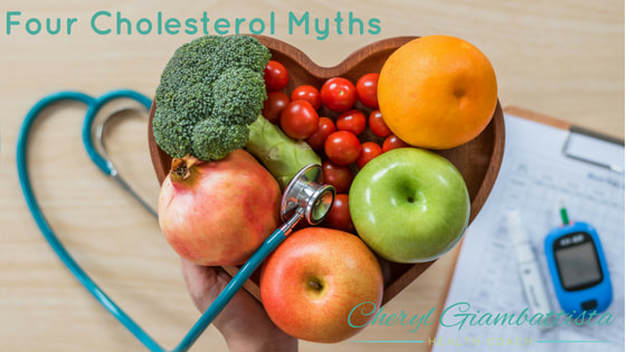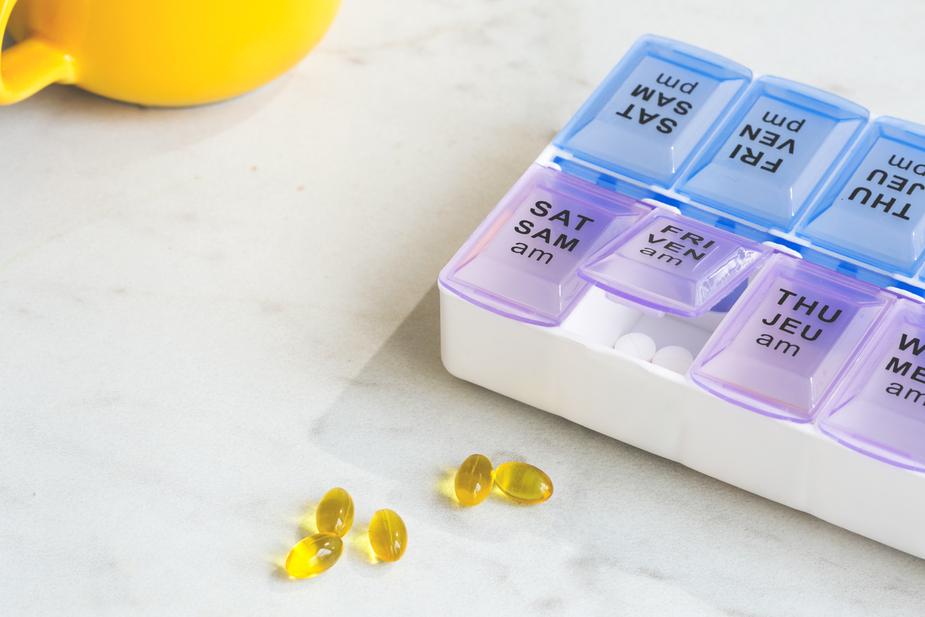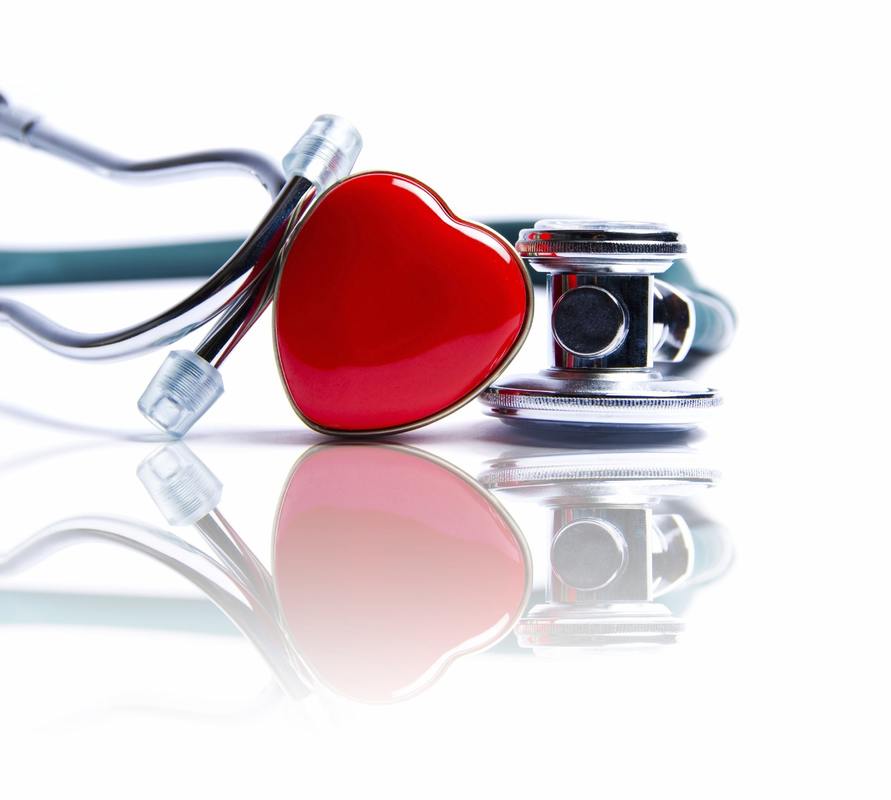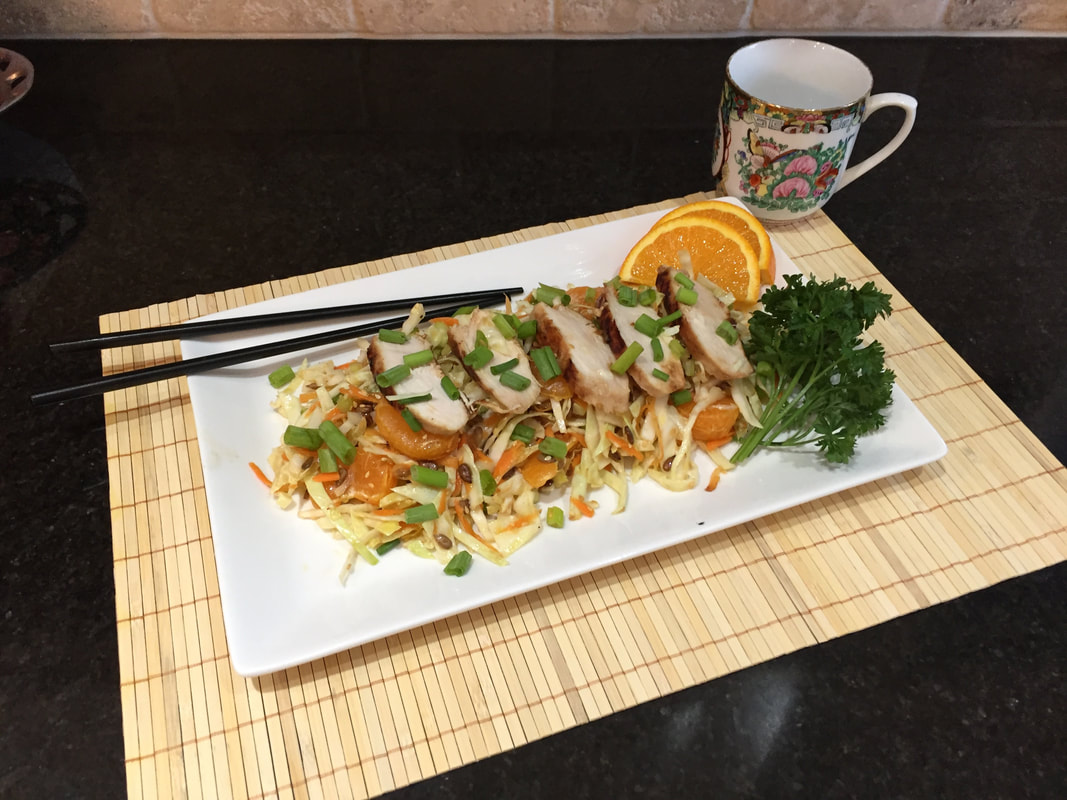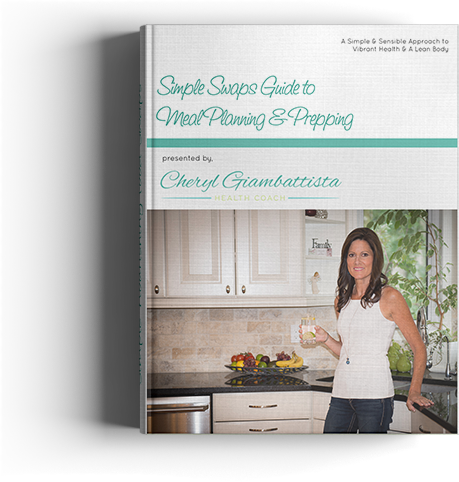What Is Cholesterol?
You knew there was a bit of an over-emphasis, borderline obsession, on cholesterol, right?
Warnings against eating foods that are high in cholesterol have been a dietary recommendation for decades. Cholesterol has had a bad reputation typically linked to heart attacks, strokes and other types of cardiovascular disease.
Before we jump into some myths surrounding cholesterol, let's make sure we're on the same page when it comes to what exactly cholesterol is...
Cholesterol is a type of fat or lipid. It is an essential building block for cell membranes and other important structures. While cholesterol is an actual molecule, what it is bound to while it's floating through our blood is more important than how much of it there is overall. In fact, depending on what it's combined with, it can have opposite effects on our arteries and hearts. Yes, opposite!
So, cholesterol is just one component of a compound that floats around our blood. These compounds contain cholesterol as well as fats and special proteins called lipoproteins.
They're grouped into two main categories:
And yes...it's even more complicated than this! Each of these categories is further broken down into subcategories which can also be measured in a blood test.
So, cholesterol isn't simply cholesterol because it has very different effects on our bodies depending on which other molecules it's bound to in our blood and what it is actually doing there!
Warnings against eating foods that are high in cholesterol have been a dietary recommendation for decades. Cholesterol has had a bad reputation typically linked to heart attacks, strokes and other types of cardiovascular disease.
Before we jump into some myths surrounding cholesterol, let's make sure we're on the same page when it comes to what exactly cholesterol is...
Cholesterol is a type of fat or lipid. It is an essential building block for cell membranes and other important structures. While cholesterol is an actual molecule, what it is bound to while it's floating through our blood is more important than how much of it there is overall. In fact, depending on what it's combined with, it can have opposite effects on our arteries and hearts. Yes, opposite!
So, cholesterol is just one component of a compound that floats around our blood. These compounds contain cholesterol as well as fats and special proteins called lipoproteins.
They're grouped into two main categories:
- HDL: High Density Lipoprotein (AKA good cholesterol) that cleans up some of those infamous arterial plaques and transports cholesterol back to the liver.
- LDL: Low Density Lipoprotein (AKA bad cholesterol) that transports cholesterol from the liver. It is also the kind found to accumulate in arteries and become easily oxidized, hence their bad reputation.
And yes...it's even more complicated than this! Each of these categories is further broken down into subcategories which can also be measured in a blood test.
So, cholesterol isn't simply cholesterol because it has very different effects on our bodies depending on which other molecules it's bound to in our blood and what it is actually doing there!
Myth #1: Cholesterol Is Bad
Cholesterol is absolutely necessary for our bodies to produce critical things like vitamin D when our skin is exposed to the sun, our sex hormones estrogen and testosterone, as well as bile to help us absorb dietary fats. Not to mention that it's incorporated into the membranes of our cells.
Talk about an important molecule!
The overall amount of cholesterol in our blood, total cholesterol, isn't nearly as important as how much of each kind we have in our blood.
While way high levels of LDL cholesterol as compared with HDL, the LDL:HDL ratio, may be associated with an increased risk of heart disease, it is absolutely not the only thing to consider for heart health.
Talk about an important molecule!
The overall amount of cholesterol in our blood, total cholesterol, isn't nearly as important as how much of each kind we have in our blood.
While way high levels of LDL cholesterol as compared with HDL, the LDL:HDL ratio, may be associated with an increased risk of heart disease, it is absolutely not the only thing to consider for heart health.
Myth #2: Eating Cholesterol Is Bad
Most of the cholesterol in our blood is made by the liver. In an average person the body's production of cholesterol far outweighs the contribution from cholesterol in food. Why do you think cholesterol medications block the enzyme HMG Co-A reductase in our livers? Because that's where it's made!
Of course, what we eat can still affect how much cholesterol our livers produce. After a cholesterol-rich meal, our liver doesn't need to make as much.
Of course, what we eat can still affect how much cholesterol our livers produce. After a cholesterol-rich meal, our liver doesn't need to make as much.
Myth #3: Cholesterol Should Be Very Low
As with almost everything related to health and wellness, there's a balance that needs to be maintained. There are very few extremes that are going to serve us well, and cholesterol is no exception!
People with very low levels of cholesterol have an increased risk of death from other non-heart-related issues like certain types of cancers, anxiety, depression and impaired memory.
Maintaining balance is key!
People with very low levels of cholesterol have an increased risk of death from other non-heart-related issues like certain types of cancers, anxiety, depression and impaired memory.
Maintaining balance is key!
Myth #4: You Need Drugs To Balance
While drugs can certainly lower the bad LDL cholesterol, they don't seem to be able to raise the good HDL cholesterol all that well.
Guess what does?
Nutrition and exercise.
One of the most impactful ways to lower our cholesterol with diet is to lower intake of sugar and refined carbs and eat lots of fibre rich vegetables. I mean lots, say up to 10 servings a day. Every day. The recipe below should help us add at least another salad to our veggie repertoires!
Exercising, losing weight, quitting smoking, and eating better quality fats are also key. That means fatty fish, avocados and olive oil. Ditch those over-processed, hydrogenated trans fats.
Pro Tip: Never start or stop taking any medications without talking to your doctor.
Guess what does?
Nutrition and exercise.
One of the most impactful ways to lower our cholesterol with diet is to lower intake of sugar and refined carbs and eat lots of fibre rich vegetables. I mean lots, say up to 10 servings a day. Every day. The recipe below should help us add at least another salad to our veggie repertoires!
Exercising, losing weight, quitting smoking, and eating better quality fats are also key. That means fatty fish, avocados and olive oil. Ditch those over-processed, hydrogenated trans fats.
Pro Tip: Never start or stop taking any medications without talking to your doctor.
Healthy Tips & Recipe Time
Overall, the science of cholesterol and heart health is complicated and we're learning more every day! Science including nutrition is a constant process of change. As new findings emerge we need to reevaluate recommendations. The key is to keep ourselves informed!
There is a lot we can do from a nutrition and lifestyle perspective to improve our cholesterol levels.
One easy tip is to try and avoid unhealthy hydrogenated trans fats and opt for healthy fats instead, such as olive oil, avocado, nuts, seeds and fish. Another important strategy is to lower intake of sugar and refined carbs to help balance blood sugar and lower inflammation in the body.
Why not start integrating more healthy veggies and healthy fats into your meal plan by trying the Asian Chicken Salad recipe below?
There is a lot we can do from a nutrition and lifestyle perspective to improve our cholesterol levels.
One easy tip is to try and avoid unhealthy hydrogenated trans fats and opt for healthy fats instead, such as olive oil, avocado, nuts, seeds and fish. Another important strategy is to lower intake of sugar and refined carbs to help balance blood sugar and lower inflammation in the body.
Why not start integrating more healthy veggies and healthy fats into your meal plan by trying the Asian Chicken Salad recipe below?
Recipe: Asian Chicken Salad
Recipe: Asian Chicken Salad
Chicken Ingredients:
Salad Ingredients:
Dressing Ingredients:
Directions:
Chicken Ingredients:
- 2 boneless, skinless chicken breasts
- 2 tablespoons coconut aminos
- 2 teaspoons sesame oil
- 1 clove of garlic pressed
Salad Ingredients:
- 4 cups shredded cabbage
- Orange peeled and diced
- ½ cup grated carrots
- ½ cup chopped green onions
- ¼ cup toasted sunflower seeds
- ¼ cup toasted slivered almonds
- ¼ cup toasted sesame seeds
Dressing Ingredients:
- ¼ cup olive oil
- 2 tablespoons sesame oil
- 2 tablespoons coconut aminos
- 1/2 teaspoon grated ginger
- 1 clove fresh pressed garlic
- 1 teaspoon honey or pinch of stevia
- ½ teaspoon sea salt
- 2 teaspoon fresh lime juice
Directions:
- Preheat oven to 350 degrees Fahrenheit
- Coat chicken with the marinade for 30 minutes.
- Add chicken and marinade to baking dish. Bake for approximately 30 minutes. Let cool and dice into pieces.
- Add dressing to salad.
- Add diced chicken to salad.
Simple Wins:
"I am so thankful for the help from Cheryl in losing the pounds as it made a big difference in how my clothes fit. In fact, I am wearing clothes I purchased years ago and have no need to go shopping. My husband likes that!!"
-Simple Swaps Member Marlene
"I am so thankful for the help from Cheryl in losing the pounds as it made a big difference in how my clothes fit. In fact, I am wearing clothes I purchased years ago and have no need to go shopping. My husband likes that!!"
-Simple Swaps Member Marlene
Looking For Ways To Balance Cholesterol?
|
Looking for ways to balance your cholesterol through nutrition? Look no further! I have a guide just for you, full of meal planning and prep suggestions to make having a healthy, balanced diet nice and easy.
Balancing your meals effectively should be simple and quick. I created the Simple Swaps Guide to Meal Planning & Prepping to help give you some simple tips and tricks. This guide was created to offer my best suggestions to help you make small changes that will have a big impact on overall health. Click on the button below the access this free guide. |

